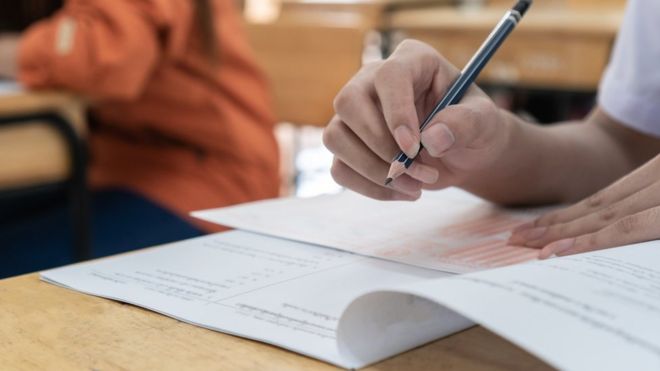The International General Certificate of Secondary Education (IGCSE) is an internationally used curriculum which is offered to students to prepare them for International Baccalaureate or A levels. There are 32 schools that offer the IGCSE in Singapore (the list of schools can be found online).

The IGCSE was developed by University of Cambridge International Examinations and it is based on the GCE O level examinations. Thus, students who wish to take the IGCSE examinations do not need to take the GCE O level examinations as both are considered to be substitutes of each other in Singapore.
So, let’s take a look at the tips to consider while choosing IGCSE centre…
Firstly
Although some schools may have a better reputation than other schools. Many may think that some schools’ education is better than others. But the truth is that the difference in quality is not drastically different. Thus, travelling across the whole country to go to a school that is considered to be better may not be worth the travel time. It makes more sense to go to a nearby school even if it is considered to be slightly worse in terms of quality as compared to other schools. The 32 schools are located all around Singapore. It is very likely that wherever you stay, there will be a school that offers IGCSE near you. Thus, the first tip when choosing a school is that you should pick a school near as going to schools that are far away are most likely not worth the travel time.

Secondly
It is important to understand what school culture that the student wants. For example, St Joseph’s Institution International School, Hwa Chong International School, Anglo-Chinese School (International) are all schools that are under the MOE but are allowed to set their curriculum independently. Thus, they have a compulsory 50% Singaporean quota to meet due to restrictions set by the MOE. Meanwhile, other international schools may not have such quotas and will have a more diverse student population from different countries. Depending on what the student wants, he can choose between these 2 groups of schools. Similarly, each school will have a unique school culture. Students should research whether the school that they want to go to fits their liking. Thus, the second tip is to consider the school cultures.

Thirdly
After many years, each school will develop their own reputation. Their reputation can be based on academic achievements, performance in final examinations, sports achievements and many others. Mainly, they will have a reputation for their quality of education. Students can determine the quality of education for their potential schools based on previous batches performance in the final examinations. Thus, the third tip is to consider the quality of education.
Fourthly
Many students will have their own non-academic interests in life. Learning will be made much more fun if students are able to pursue their non-academic passions in their school. This can include sports, games and other Co-Curricular Activities. Thus, the fourth tip for students is to research whether their potential schools have activities that can help develop their non-academic passions.
Finally
Many schools differ in their infrastructure. Some schools may focus on building multiple Indoor Sports Halls; while some schools may focus on building many science labs around the school and purchasing expensive technologies. The facilities provided will differ from school to school. It is important for students to at least have an idea of what they would ideally want. Thus, the last tip is to research whether the centre provides the facilities that the student wants.
All in all
It is quite difficult to make use of these 5 tips at the concurrently as sometimes there might be a little contradiction. Thus, depending on the student, more importance can be given to particular tips on choosing their ideal IGCSE centre!
